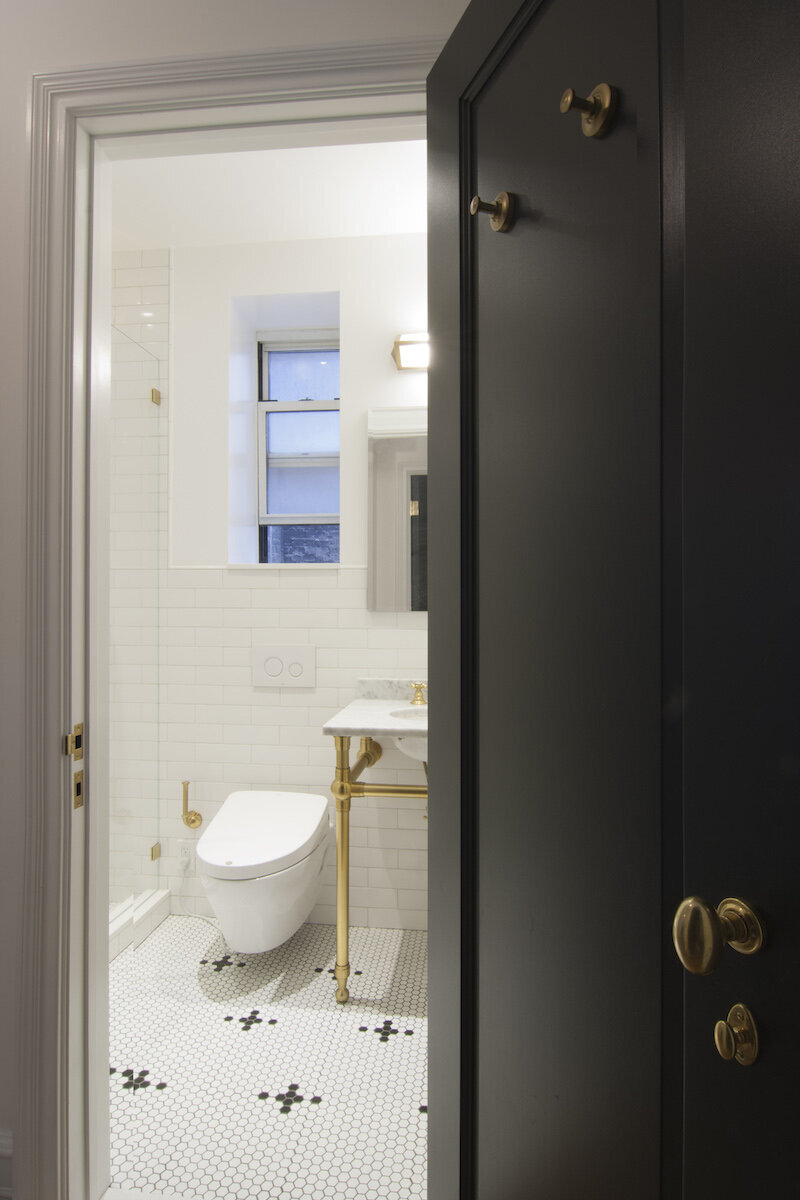Photo by Jazmin Quaynor on Unsplash
Where is the best place to put a plant for feng shui?
Two of my favorite places to put a plant based on feng shui are Kun (relationships) or Xun (wealth) in your bedroom. These are two of the most popular areas of the feng shui bagua that people love to work with, and I recommend starting in your bedroom because any changes there affect you the most.
Plants are really having a moment right now! Working with plants is beautiful because they’re living things that you can cultivate, so they encourage you to invest in and take care of something outside of yourself. They also represent growth, vitality, and healing. Another thing that’s really great about plants is that you can pay attention to how they’re growing, and what that represents. For example, I have a money tree that I got about ten years ago that started out just a couple of feet tall. Now it’s almost as tall as me! It’s reassuring to see a tangible representation of my own abundance and growth, not only financially but also spiritually.
Xun is connected to wealth and money, but also to how prosperous and worthy you feel. Many people have a great deal of money, but that doesn’t necessarily bring fulfillment or feelings of abundance. When you feel worthy, and recognize that you are a treasure, then you can truly magnetize and attract abundant things to you. You can feel like you have more than enough, which is really what Xun is about. This is a great area to activate with a plant.
The other area that people are most interested in is Kun, or relationships. Most people think that activating Kun will help them attract a partner. That’s true, but there are so many layers to working with this gua. It’s also related to femininity, the mother, and taking care of yourself. You might want to activate that area to invite in a romantic partnership, but you might also want to deepen or heal your existing partnership. Maybe you’ve recently come out of a relationship, and you need to work on healing your relationship with yourself — that’s also related to Kun. Other reasons you might want to work with this gua are wanting to connect more to the earth, or to heal your relationship with your mother. If any of these intentions resonates, this could be a great place for a plant!
If you want more guidance on where to put your plants, I’d recommend working with a practitioner who can help you figure out what would be most supportive for your unique situation.
Thanks for reading our "Q&A Sunday". If you have personal questions, we encourage you to check out Practical Feng Shui or hire one of Anjie's Grads.
If you’d like to learn more about feng shui, check out Mindful Design Feng Shui School at: www.mindfuldesignschool.com




